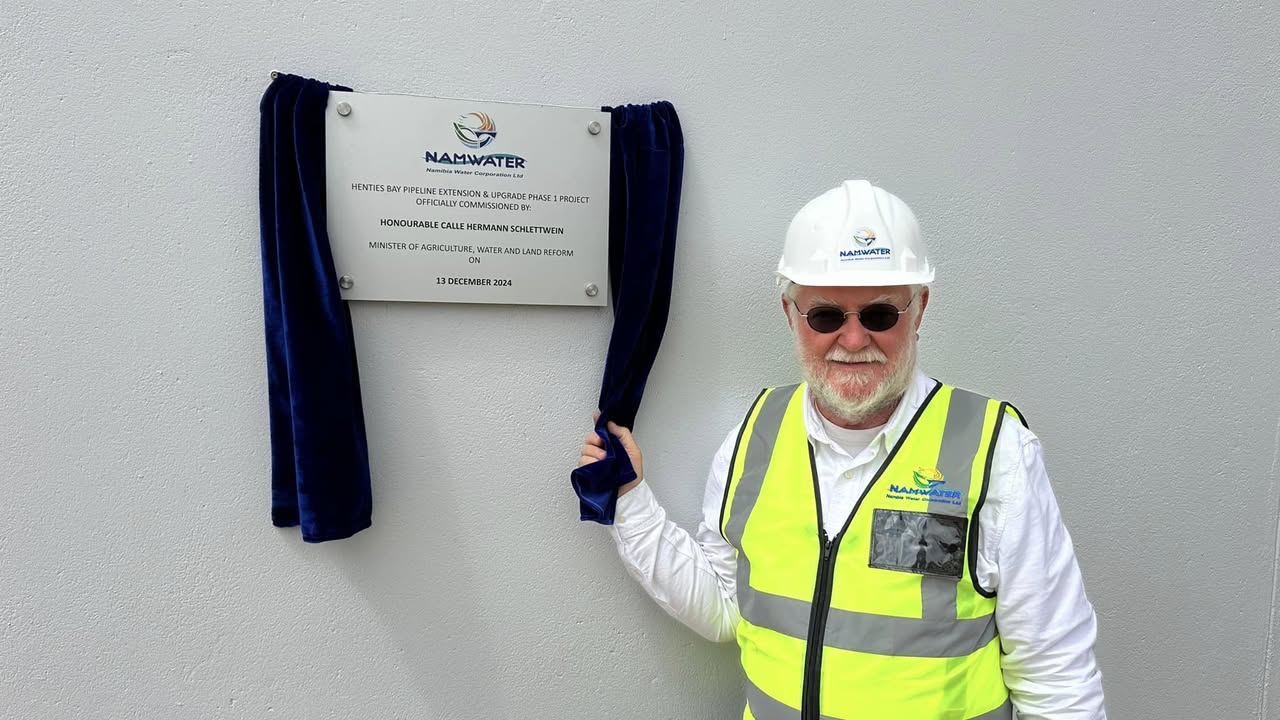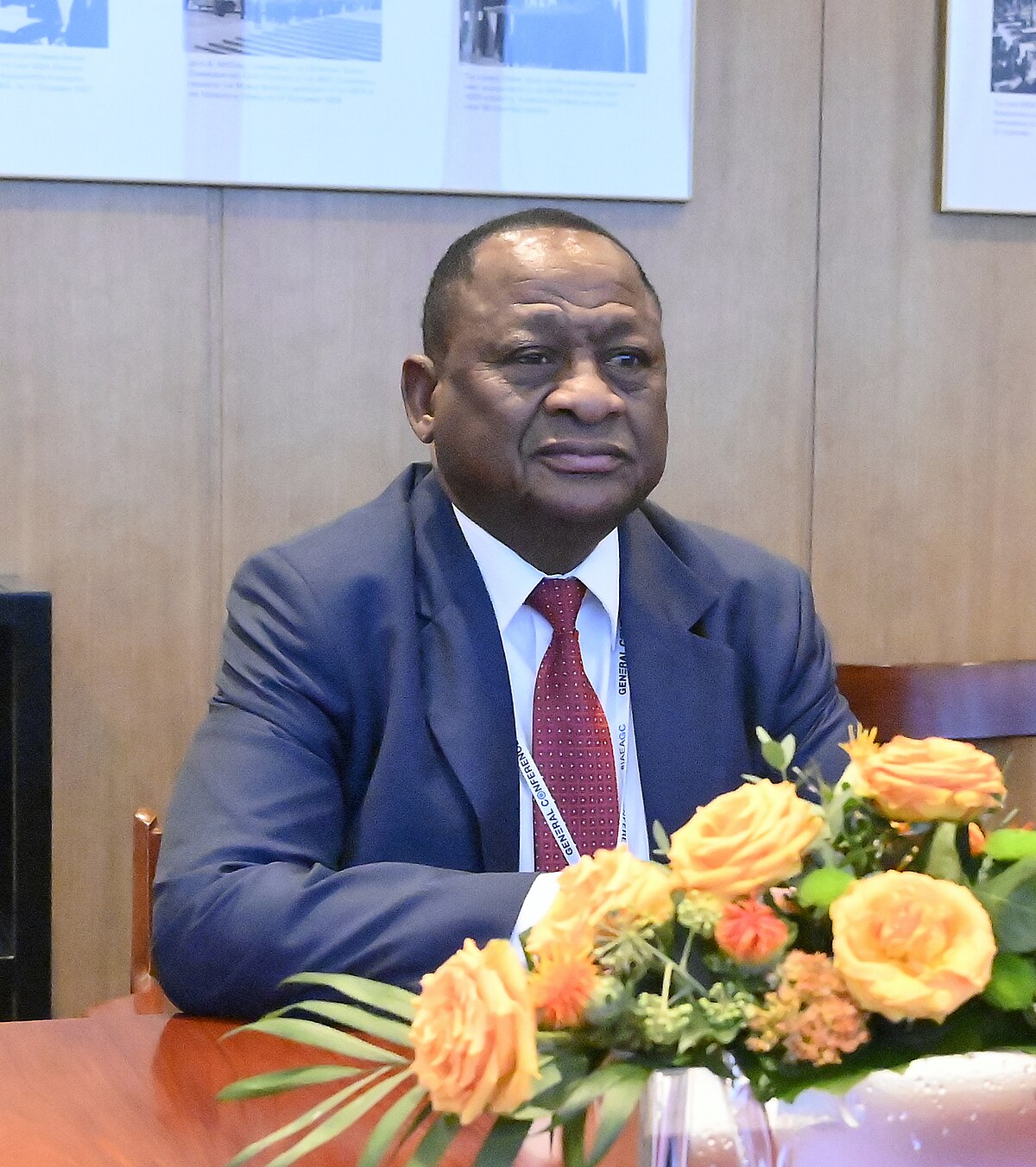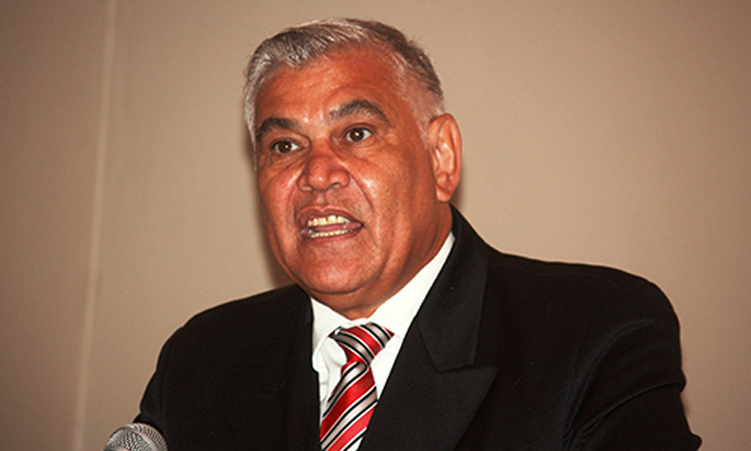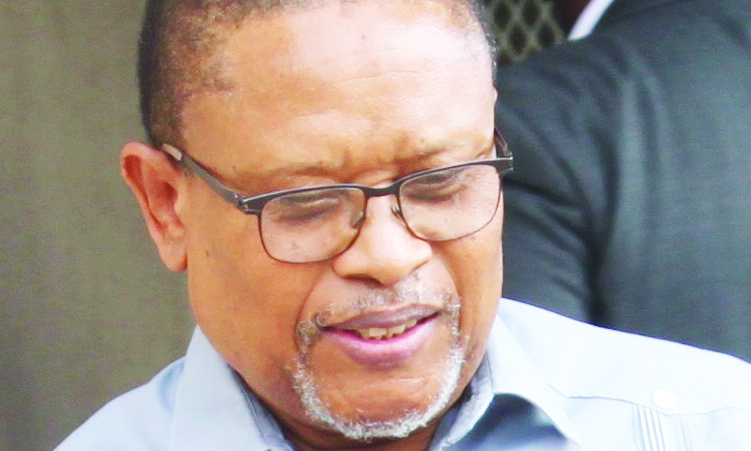There has been considerable public debate over human rights and the criminal justice system, sparked in particular by the high profile Fishrot case.
It has highlighted questions about the intersection of legal principles and human rights, especially regarding bail applications and medical parole for inmates.
The Fishrot case, involving prominent figures accused of corruption related to the fishing industry, generally ignites public indignation.
Given its impact on coastal communities and the gravity of the case, many Namibians question whether granting bail is appropriate.
However, public sentiment must be weighed against established legal principles that underpin the justice system.
THE RIGHT TO BAIL
The right to bail is a fundamental aspect of the Namibian legal system.
In terms of the Criminal Procedure Act, any accused person has the right to apply for bail while awaiting trial.
This is to ensure that individuals are not subjected to prolonged detention without the opportunity for release, provided the court deems it just.
The decision to grant bail is not automatic.
The court has to balance several critical factors. These include the length of detention already served, the seriousness of the alleged offence and the potential risk that the accused might flee or interfere with evidence.
In the case of the Fishrot accused, the court must navigate these complexities, considering both the public’s perception and the legal standards that govern bail.
While the public outrage is palpable, it is imperative that the judicial process remains fair and impartial, adhering to the principles of justice that protect the rights of all individuals, regardless of the charges against them.
THE PLIGHT OF INMATES
The case of Geoffrey Kupuzo Mwilima has brought to light additional concerns about the treatment of inmates.
Mwilima, who is reportedly suffering from serious health issues, remains in custody despite the deteriorating state of his health.
This situation has drawn criticism from opposition leader McHenry Venaani, who has condemned the handling of Mwilima’s case as inhumane and harmful to his well-being.
Mwilima and others were accused of participating in an armed secessionist movement.
The central legal question was whether their extended detention without trial, amid considerable procedural delays, warranted bail in terms of constitutional rights to a fair trial and liberty.
Mwilima’s plight underscores a broader conflict between ensuring public safety and upholding humane treatment within the corrections system.
Namibia’s legal and ethical responsibilities extend beyond mere detention; they encompass the obligation to treat inmates with dignity and to address their medical needs.
This balance is crucial in maintaining the integrity of the correctional system while safeguarding the fundamental rights of those in custody.
PROVISIONS AND POSSIBILITIES
Namibia’s legal framework accommodates the possibility of medical parole, which allows for releasing inmates on medical grounds under specific criteria.
This is intended to address cases where continuing incarceration could result in severe health repercussions or an inmate’s condition renders further detention unnecessary.
Medical parole, however, is not without controversy. There have been allegations of selective application and political interference, which can undermine the credibility and fairness of the system.
Ensuring that medical parole is applied equitably and transparently is essential for maintaining public trust and upholding human rights.
The Constitution is particularly relevant in this discussion.
It gives the president the authority to “grant pardons, reprieves and commutations of sentences”.
It is a critical mechanism for addressing exceptional cases where conventional legal remedies may be insufficient, including instances involving medical necessity.
In the context of the Mwilima case and similar situations, this provision could serve to address the unique needs of individuals who may require medical parole or other forms of relief because of extraordinary circumstances.
It is essential for the exercise of this presidential power to be guided by fairness and justice, ensuring that decisions are based on merit alone.
STATUTORY FRAMEWORKS
The Correctional Service Act and the Police Act provide additional frameworks for the treatment of detainees.
The Correctional Service Act mandates that prisoners’ health and welfare be addressed, ensuring they are treated humanely and in accordance with their medical needs.
It also outlines standards for the treatment of detainees and the conditions of detention.
This aligns with broader human rights obligations and underscores the state’s duty to uphold the dignity and health of those incarcerated.
It mandates compliance with constitutional and international human rights norms.
Similarly, the Police Act establishes guidelines for the humane treatment of detainees, ensuring that their rights are protected.
These statutory provisions are crucial in maintaining the integrity of the justice system and ensuring that all individuals, regardless of their legal status, are treated with respect and dignity.
The right to bail is not absolute.
It must also be balanced against considerations such as public safety and the effective functioning of the judicial system.
The Fishrot case and the treatment of inmates like Mwilima reveal the challenges of reconciling competing interests in the pursuit of a just legal system.
By upholding the principles of justice and humanity, Namibia can continue to strengthen its legal and human rights frameworks.
- * Brian Ngutjinazo is an LLB Student at the University of Namibia. The views expressed here are entirely his own.
Stay informed with The Namibian – your source for credible journalism. Get in-depth reporting and opinions for
only N$85 a month. Invest in journalism, invest in democracy –
Subscribe Now!






